.jpg)
ChilCast: Healthcare Tech Talks
ChilCast: Healthcare Tech Talks
Time to Move Beyond 'Sick Care' to True Health Care
It takes all types, especially to throw a mammoth conference like HIMSS. Payers, providers, investors and solutions vendors all gather together in their tens of thousands under one roof to discuss the future of technology in healthcare. From all over the world, the experts in the field travel to learn, give presentations, network with their peers, and attempt to divine the future of the market.
But one group is usually underrepresented: educators. Injecting new blood and fresh ideas into healthcare tech will be an important component of revitalizing our battered healthcare system. Yet professors and universities in the sorely needed tech education sector were few and far between at the conference this year.
To be sure, medical and nursing schools occupied a solid place in the conference agenda. Provider systems nationwide are in the midst of a nerve-wracked hand-wringing session when it comes to the looming staffing crisis, which is already bad and getting worse. However, if someone wants to work in healthcare without being a doctor or a nurse, the options are less clear.
We were able to sit down with Dr. Gabriela Wilson, Professor and Co-Director at the Multi-Interprofessional Center for Health Informatics, UT-Arlington, to discuss these issues and more. She brings decades of experience in biochemistry, biotechnology, molecular biology and informatics to the table, along with a wider global perspective on healthcare in America.
AI-generated transcript:
John Moore III: [00:00:00] Gabriela, you’ve been to HIMSS for you were saying about a decade now since 2011. Can you tell me a little bit about what you have seen that has changed in the industry and how the adoption of informatics is actually starting to have an impact on delivery of care?
Dr. Wilson: [00:00:15] Well, thank you so much for having me here today. I’m so excited. And yes, I thought it was 11 years. But you’re right, we didn’t have a HIMSS meeting in 2020, so it is ten years coming to HIMSS and I still remember my first time attending. I was lost because of so many events or so many wonderful topics and talks. It became like a family to me, this entire environment, because I got to connect with so many industry experts; not so many from academia when I started. But as we come back each year, we realize now how important it is to bring academics into the industry and HIMSS in particular, because we are the ones educating the future workforce for health care. So you can have this wonderful setup here and great experts if you don’t educate well. So this is the biggest change I’ve seen. I played an important role with HIMSS, the Indiana chapter. I was the president of the chapter in 2018. We got the best chapter of the year award while I was president. So I’m really proud of that. And every time I would come to HIMSS, I would talk to executive level and tell them, you need to bring more academic institutions.
Dr. Wilson: [00:01:37] So if you walk, you will see the academic role where you have multiple programs in health informatics, information management coming to be part of this entire effort and partnering with industry to be able to better educate but also provide that continuous learning that’s necessary. Even though you are in the workforce, you never stop learning. So now because we have the pandemic, right? So it was one year break, all of us attending virtually. But this was also an opportunity for all of us, and particularly the health informatics community, to come up with some really extraordinary high impact technologies that can advance health care. And if you look in the exhibitor area now, you will see so many startups, so many young companies and so many young people, which really gives me that energy, that, look, innovation happens every day. And the fact that we are forced to be at home, it didn’t mean that we had to stop innovating. So I’m super excited to be here, but I’m super excited for the future. And as an educator, I couldn’t be more excited about the needs of better education, better training, better research, so we can help our communities.
John Moore III: [00:03:05] Very noble goals there. I can fully appreciate what you’re talking about with this being much more focused on enterprise vendors and their relationship with providers. When I was here in the early days, there was always that startup arm to it, but other than academic medical centers, there’s very little representation from the actual academic field. So let’s talk a little bit about some of the research that you’ve done on the impact of informatics since you teach informatics and you do research on this area. So can you tell us a little bit about what you’ve learned throughout your career following the adoption of Informatics Technologies in health care?
Dr. Wilson: [00:03:40] Absolutely. I want to put this in the context of why health informatics, for me in particular. My training is in pharmaco-informatics, which means using computational tools to design better drug molecules and also use modeling to predict for toxicity of these drug molecules. I started my career in the pharmaceutical industry, in particular drug delivery. And as I was working with chemists, biologists and looking at the human trials in the industry, I realized that, you know, I would love to be able to discover the blockbuster drug that brings millions and makes me will make me rich as well and famous. But at the same time, I realized the more you look at these therapies, you realize that it’s wonderful to have access to them, but it’s not key to solving the health care problem. And what I mean by that is when you are sick and you need to take medication, that’s wonderful. But when you have to take it for your entire life, something will give up in your body. And instead of getting to that point where you need to have that medication every day, why not look at the environment in which we live and understanding better what causes the disease?
Dr. Wilson: [00:04:59] So when I started shifting my thinking from moving to solving the sick problem to basically moving into the health wellness problem. So moving from sick care to true health care. Then this is when I realized that, boy, this pharmaco-informatics alone cannot solve this problem. It’s the health informatics, meaning that I need to be able to gather data from all aspects, including access to food, where people live, access to transportation, to understand if I’m going to give this medication to this patient, do they have the right environment to be able first to afford to pay for the prescription? Secondly, if they need to be on a diet or need to have better food, right, nutritious food, do they have the means to do that? So the wellness and the health. This is why for me, health informatics made more sense than we need to look at all aspects of health care, but also the community where people live and understand their needs.
John Moore III: [00:06:12] Absolutely. We actually wrote a report on that. I think I may have sent it to you in advance of this. Yeah, but a lot of things you actually just talked to resonates with me personally. I actually started a mobile health startup back in around 2010 that was looking to track treatment adherence beyond just medication, adherence for people that are dealing with psychiatric illness and mental health issues. Because I grew up seeing just the difficulty of, to your point with the pharmaco design and pharmacogenomics and all of that stuff, we don’t know enough about the brain. And I wanted to do drug design for mental illness, and I realized that there’s a lot more to be done by better understanding the root causes and what are some of the behavioral changes and the social determinants changes that people can make in their lives to offset some of that chemical imbalance that they may need medication for. But it’s not the medication on its own.
Dr. Wilson: [00:07:04] And you’re so right and it’s so important because this pandemic really had a toll on all of us by being isolated socially. So if we look at the younger generation–and I have a son who is in high school and he’s fascinated by how through exercise and good nutrition–you can actually help and not go through depression or just by listening to music and doing something creative. So he was telling me a few days ago, he said, “Mom, this is what I want to study.” And it makes me so happy because to be healthy here is very important because then everything else is going to be healthy in your body. So I tell my students all the time, we pay more attention to our cars than we pay attention to our bodies. And that’s not right. You know, and also, if when you go to the doctor, very few people are like me, I’m that annoying patient who would be well prepared ahead of time of my appointment. And if I’m told you need to be on this medication, I would always say, Oh, wait a minute, these are the side effects. This is why I don’t want to be on this medication. And yeah, physicians don’t like patients like that, but I think they’re getting used to these types of patients.
Dr. Wilson: [00:08:26] So what I tell my my students is when you go to a mechanic and they tell you you need to change this and this and this and this is how much you’re going to cost. It’s going to cost you. You immediately say, I need a second opinion. And you go to another mechanic. When it comes to our body, you just trust that first specialist who tells you what to do. And it’s perfectly fine to do that. But why not a second opinion, right? And why don’t you do your own research? Which brings me to this topic of how important–and this is what I’m focusing now in my research–the importance of health literacy and digital literacy when we are talking about taking health in your own hands as a patient.
Dr. Wilson: [00:09:11] So I am the co-director and founding director of the co-director of the Multi Interprofessional Center for Health Informatics at University of Texas at Arlington. And I’m also a professor in the kinesiology department, which people might think, oh, kinesiology and health informatics. But it has a lot to do with us, right? Because you learn about how important exercise is right to have a healthy life. Multi interprofessional, I want to bring this in because we used to do care just like we have subspecialties, right? Every specialist looks at one problem in your body and you don’t have a team of physicians who look at you as the entire person.
John Moore III: [00:09:59] There’s no whole.
Dr. Wilson: [00:10:00] Exactly. And that’s why for us doing the multi interprofessional health informatics, what that means, we are bringing computer scientists, engineers, librarians, community health workers, public health, health informatics, teachers, nurses, physicians, all part of the same training. We put all of these students in teams and knowing that not everybody is at the same level, but by learning together, we learn from each other.
John Moore III: [00:10:34] Is this a professional? Are you working with people that have already graduated, are working professionally now? Or is it people that were focused on these in undergrad and want to learn more about health informatics because they want to go into a health care?
Dr. Wilson: [00:10:45] So both! We are focusing on educating students, undergraduate level; these are the perfect group of students to work with because they don’t know anything else. And they come in so fresh and so open minded. Right? Then we have the graduate level training where you have working professionals who might be in different health care or not health care, but they are passionate about health and then they come to complete their degrees or move to a different direction. So if you are aware because of the pandemic, we are losing health care workers because of the burden of what they had to go through. And we all understand why. But this doesn’t mean you have to give up your passion of serving people, right, and caring about people. So in this area of informatics, public health informatics, health informatics, these are the most valuable people to really learn what data is necessary to understand better the community needs. And that was my case, too. I wanted to become a doctor, a physician. But I realized very early on, I don’t like to memorize and I can’t stand blood and seeing people suffer like this in front of me. But that didn’t stop me from going into a field where I can still help people.
John Moore III: [00:12:09] Yeah. And see the direct fruits of your labor.
Dr. Wilson: [00:12:11] So this is what I’m trying to also bring in to the higher education with undergraduates and graduates at the same time, also designing, training for health care professionals, people in the industry who would like to learn a new skill. Yeah, so we do certificate programs for non academic credit, for example, that teach you a new skill like what is public health informatics, what type of data do you need to understand when you have an epidemic and how to have meaningful solutions that will help the entire community so we don’t get into a pandemic mode. Does it make sense?
John Moore III: [00:12:54] Yes, absolutely. So what are you most excited about that has either come out of your program or that you’re doing with your program right now?
Dr. Wilson: [00:13:01] Oh, I’m very excited. So I started my job at the University of Texas at Arlington on March 1st, 2020, and March 13, we had the lockdown.
John Moore III: [00:13:13] Two weeks to get settled!
Dr. Wilson: [00:13:14] Well, this is getting interesting now because I was in Indiana when I accepted the job offer, and I said I will commute until summer so my son can finish middle school. Well, we got in lockdown, so I didn’t move until August to Texas, but I started working from Indiana for the community where I was going to be embedded as part of my university, meaning that by hand I started tracking number of COVID cases, number of deaths, and when that list got way too big, I said that there has to be a better way of keeping track of what’s happening. So I can now focus on helping that community early on.. Made lots of connections much easier virtually than in-person, because you don’t have to wait until everybody has the same time on their calendar, plus the travel. So I met so many amazing people from the community, from the university and industry, and we started putting together a dashboard where we also added data streams from access to food, access to transportation.
Dr. Wilson: [00:14:32] Keeping in mind that now we are tracking COVID cases, pretty soon we’re going to have a vaccine and we want to help with vaccine distribution. So what I would say to all of you listening is don’t focus on the moment now. Start thinking about the future and be the one who just goes after that opportunity without paying attention to the challenges that so many are facing and trying to navigate. So that’s what I did. And I’m really proud. I mean, this is the proudest work I’ve ever done because I was able to partner with public health department, multiple colleagues, community health workers, public libraries to help inform about what COVID 19 is, because many in that community were Latino, were Latino population.
Dr. Wilson: [00:15:27] And the messaging was going only to them only in English. And we understand how important, you know, this is my third country and it’s my home country, America. But I was born in Romania. I moved to Belgium and then came here to the United States. And language barriers are real guys. And, you know, the fact that you go and get educated is wonderful, but not too many people have that opportunity. So how do you communicate with them? Be culturally sensitive because culture, Hispanic culture, very similar to Romanian culture. So for me, it was easy to understand what grandma is going to tell you. You’re going to do it because she is the one who is taking care of the entire family, the matriarch. You know, Americans in America it’s like, if you come from a different background, you’re like, “Oh, my God, come on. Grandma doesn’t know. I know better.” So that that’s the cultural difference.
Dr. Wilson: [00:16:26] And because of of all this community, we are all trying to solve a problem and help. Right. So that passion was multiplied and it was infectious, I would say, you know, the enthusiasm and and we were able to bring some funding through the Center for Disease Control and through the Public Health Department, which helped us pay the people who need to do the job. Right. We did a lot of volunteer work. But then you also need to buy new resources and access to technology. And we are creating animations now based on focus groups we have with people from the community.
John Moore III: [00:17:07] And that are more culturally attuned.
Dr. Wilson: [00:17:09] Oh, yeah, absolutely. And, you know, I remember I did international travel and when I arrived at the airport, it was both in English and in Spanish. The messaging about COVID-19 and the translation in Spanish was ‘grippa.’ And ‘grippa’ means to me, like in Romanian is flu. And I immediately told the public health department, I said, “Guys, if you say it’s flu, nobody is going to pay attention to you because we’ve been having flu for how many years and people don’t get vaccinated.” And this is much more devastating. So we need to have the right messaging.
John Moore III: [00:17:50] Okay. So something you mentioned quite a few times is meeting people in the community, meeting people where they are. Are you teaching anything about the incorporation of social determinants of health and how you actually engage the community directly using these new informatics tools and pairing the health system up with the community services and resources?
Dr. Wilson: [00:18:09] That’s a great question. Part of the social determinants of health is health literacy also. And now we are looking at the digital literacy and what does it mean? So we did a study, we captured data from Tarrant County in Texas. So Arlington University of Texas at Arlington is in Tarrant County. And what we are looking at was the level of health literacy for those areas. In those areas at high risk. The population at high risk. And the health literacy level was very low, right. Where you had high vaccine hesitancy. So low health literacy. And then you also we also looked at social media activity to understand the misinformation, disinformation, the infodemic that existed. And, you know, we all remember in January of 2021, right, when we are told the vaccine is now available, you all remember how we are rushing and we want it to be in that age category to get that first shot right. And me being in the academia, I was able to to to get a little quicker than my husband, for example. And I can tell you how proud I was. And many people were very proud to get that first vaccine. The thing is, what happened after on social media, we started all these campaigns against the vaccine and that’s why we could see the vaccine hesitancy going up. Right. Less people getting vaccinated. And then when we put all this data together, we saw that vaccine hesitancy was correlated with health literacy and also the social vulnerability index, which means social determinants of health.
John Moore III: [00:20:42] So a quick question. So I want to ask you one quick question. Then we can jump into the close out. So one quick question. Where do you see the biggest opportunities for health I.T. to really disrupt the status quo today and to help with the problems that you’re trying to address?
Dr. Wilson: [00:20:57] Well, we have so much we can do at the global level right now. We learned a lot from this pandemic. Right, that taking care of only one community is not enough. And it has to be global. It has to be national. Global, because I was born in Romania. Of course, I have a strong interest now in helping with the Ukraine crisis. They are so many refugees. So I’m using this hymns conference to gather lots of interest around the bringing those tools and those digital technologies available out there to help with the refugee crisis, which is probably going to be the largest crisis we’ve ever seen. And my fear is it continues and it continues well. And if it continues, but what we all know is that every time there is war, you have a pandemic after. And we haven’t finished with our pandemic before the war in Ukraine. So, again, it’s a challenge. It’s a big problem. It’s a big opportunity for all of us. And I want to send the message to everybody listening, do not look at that Ukraine crisis, a crisis in Europe. It’s a global crisis. And this is our opportunity, all of us here to help others, because that’s how we came together in the United States during the pandemic. And we did a great job because we believe in communities. And I’ve never seen another country more passionate about helping your neighbor than United States. So that’s my hope and my message to all of you listening that you are trying to find solutions to the problems and don’t look at problems as problems, but opportunities. Thank you so much for having me.
John Moore III: [00:22:25] Yeah, thank you. Gabrielle, this has been great. Once again, thank you for joining us today. I’ve been talking with Gabriella Wilson from University of Texas, Arlington. And if you want to learn more about her work and the program that she’s running there, how should people contact you or reach out?
Dr. Wilson: [00:22:39] Well, we have a wonderful website that you can reach us and learn more about our research and education and conferences we organized. Thank you so much.
Podcasts we love
Check out these other fine podcasts recommended by us, not an algorithm.
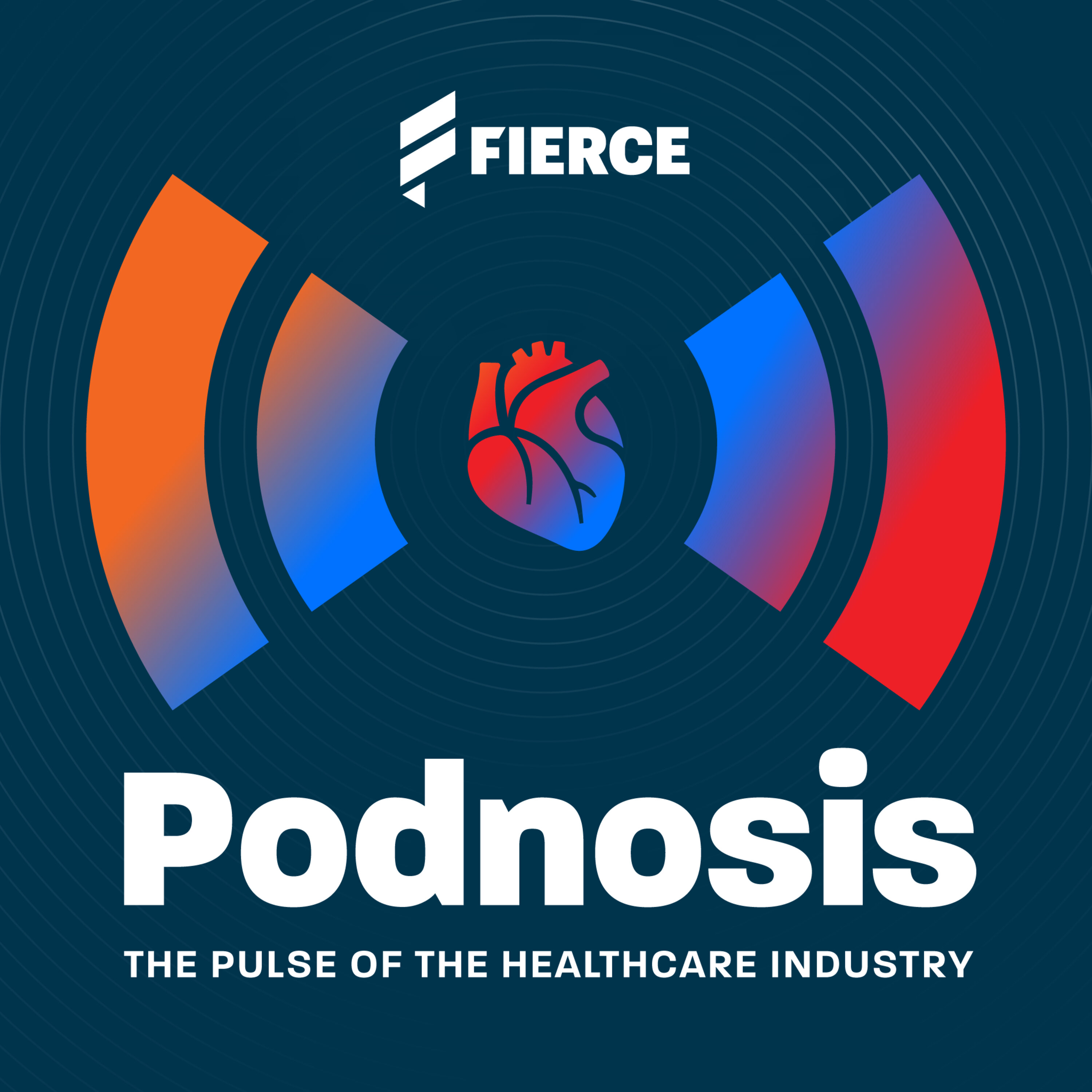
Podnosis
Fierce Healthcare
Akimbo: A Podcast from Seth Godin
Seth Godin
Straight Outta Health IT
Straight Outta Health IT
Beyond Clinical Walls
Dr. Bayo - Dr. Bayo Curry-Winchell, MD, MS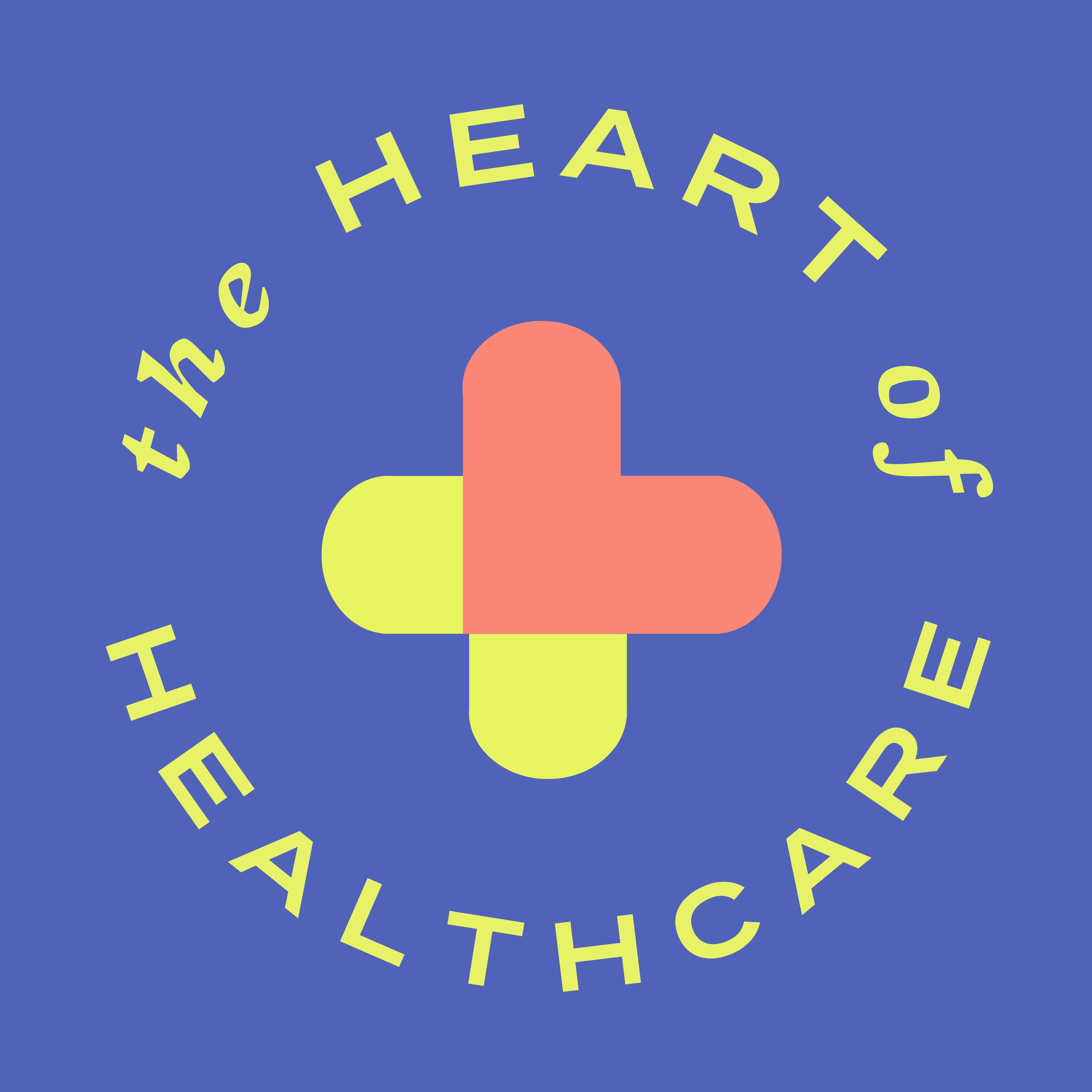
The Heart of Healthcare | A Digital Health Podcast
Massively Better Healthcare
The Knowledge Project
Shane ParrishRelentless Health Value
Stacey Richter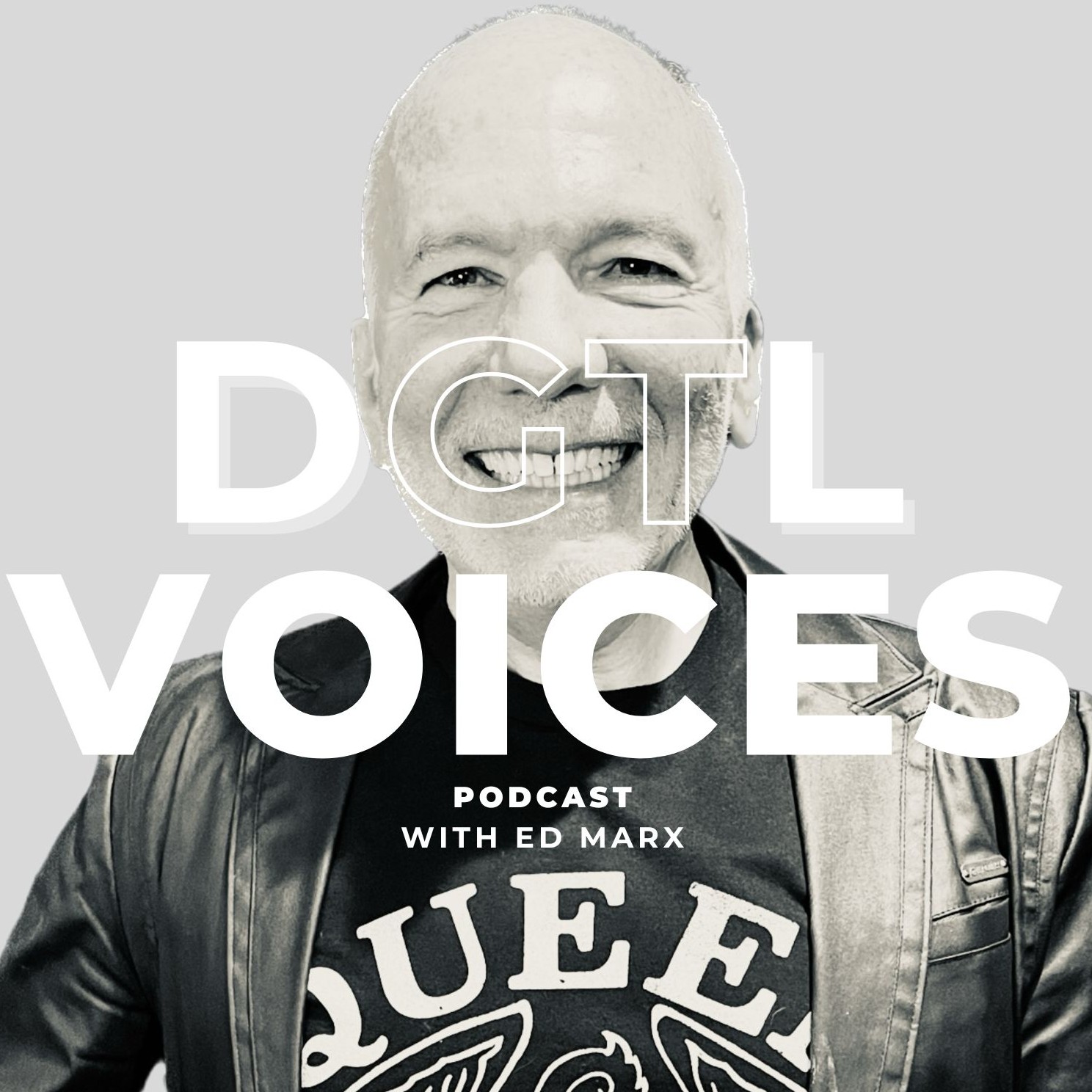
DGTL Voices with Ed Marx
dgtlvoices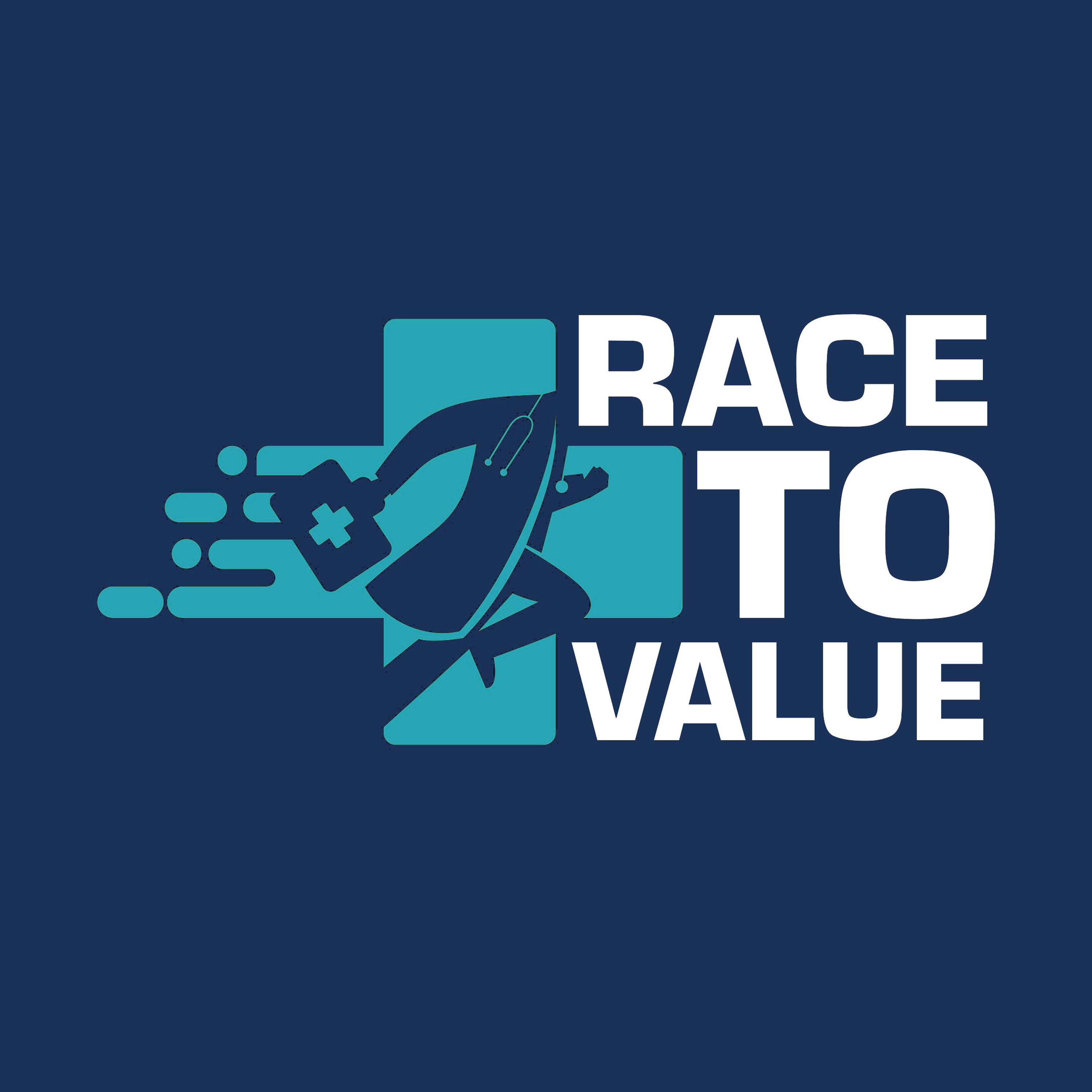
The Race to Value Podcast
Institute for Advancing Health Value
HIT Like a Girl Pod: Empowering Women in Health IT
Like a Girl Media
Breaking Points with Krystal and Saagar
iHeartPodcasts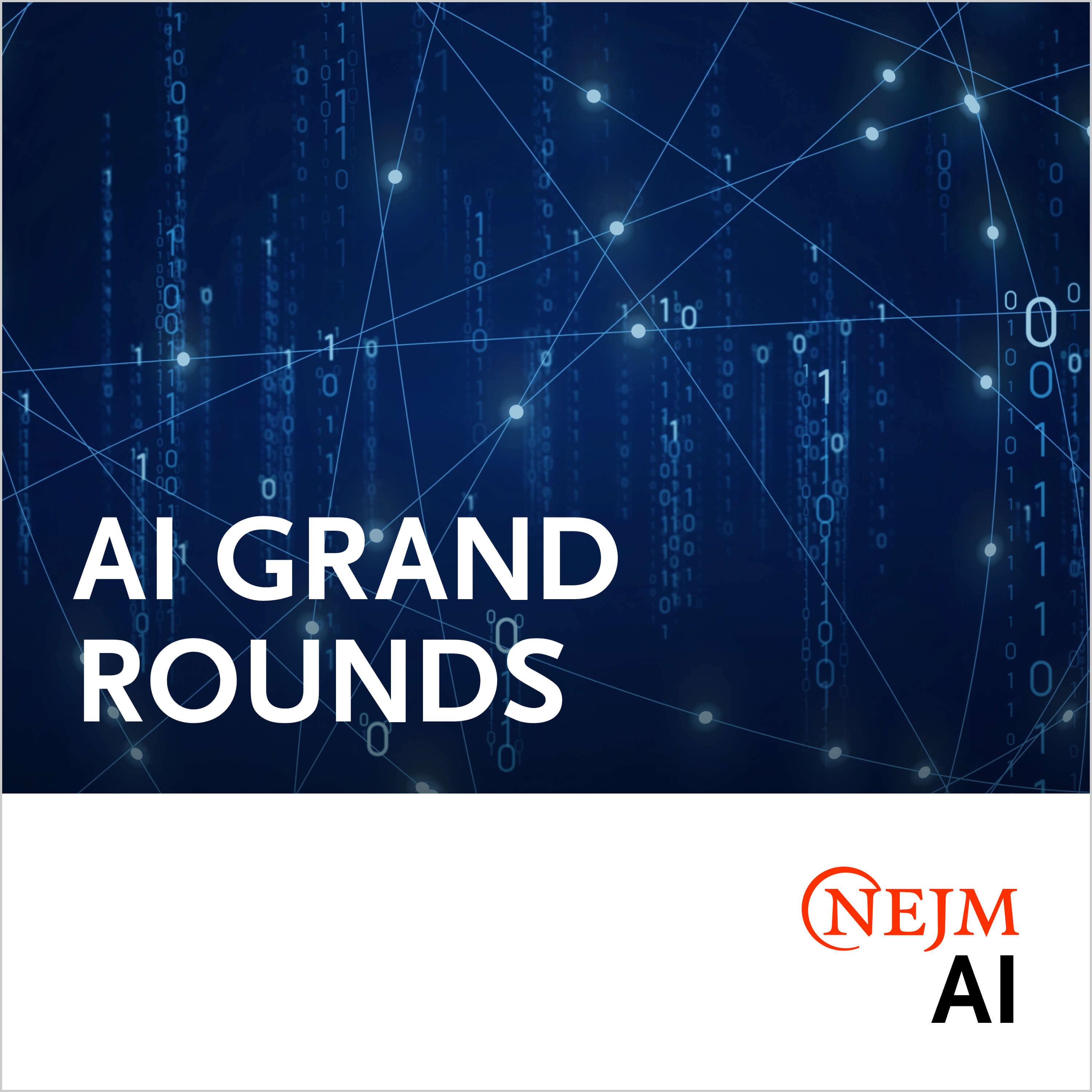
NEJM AI Grand Rounds
NEJM Group
In AI We Trust?
Miriam Vogel
InteropNow! Podcast
HLTH and CHIME
Leveraging Thought Leadership
Peter Winick and Bill Sherman
99% Invisible
Roman Mars
How I Built This with Guy Raz
Guy Raz | Wondery
Equity
TechCrunch, Rebecca Bellan, Kirsten Korosec, Anthony Ha, Max Zeff, Theresa Loconsolo

